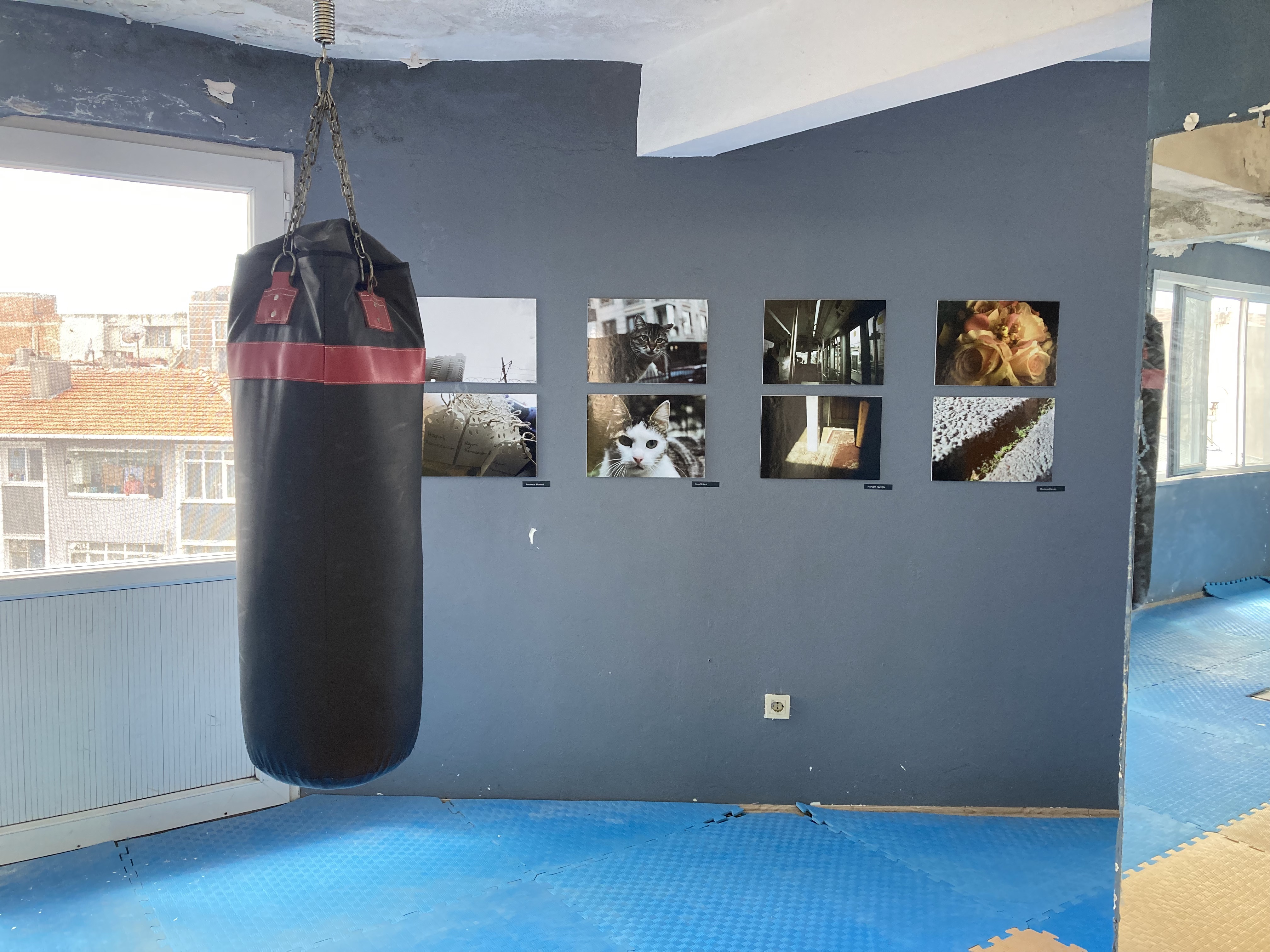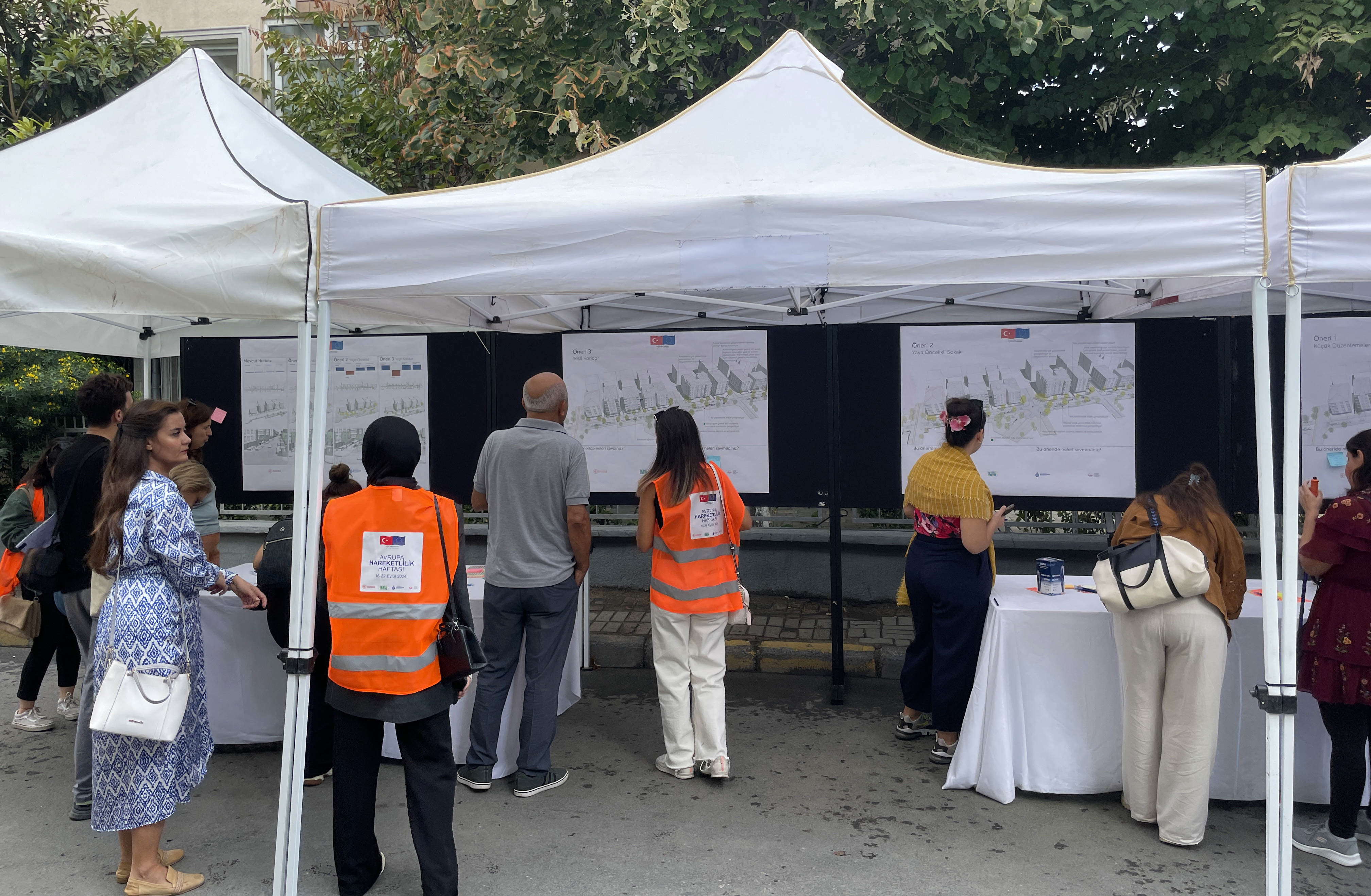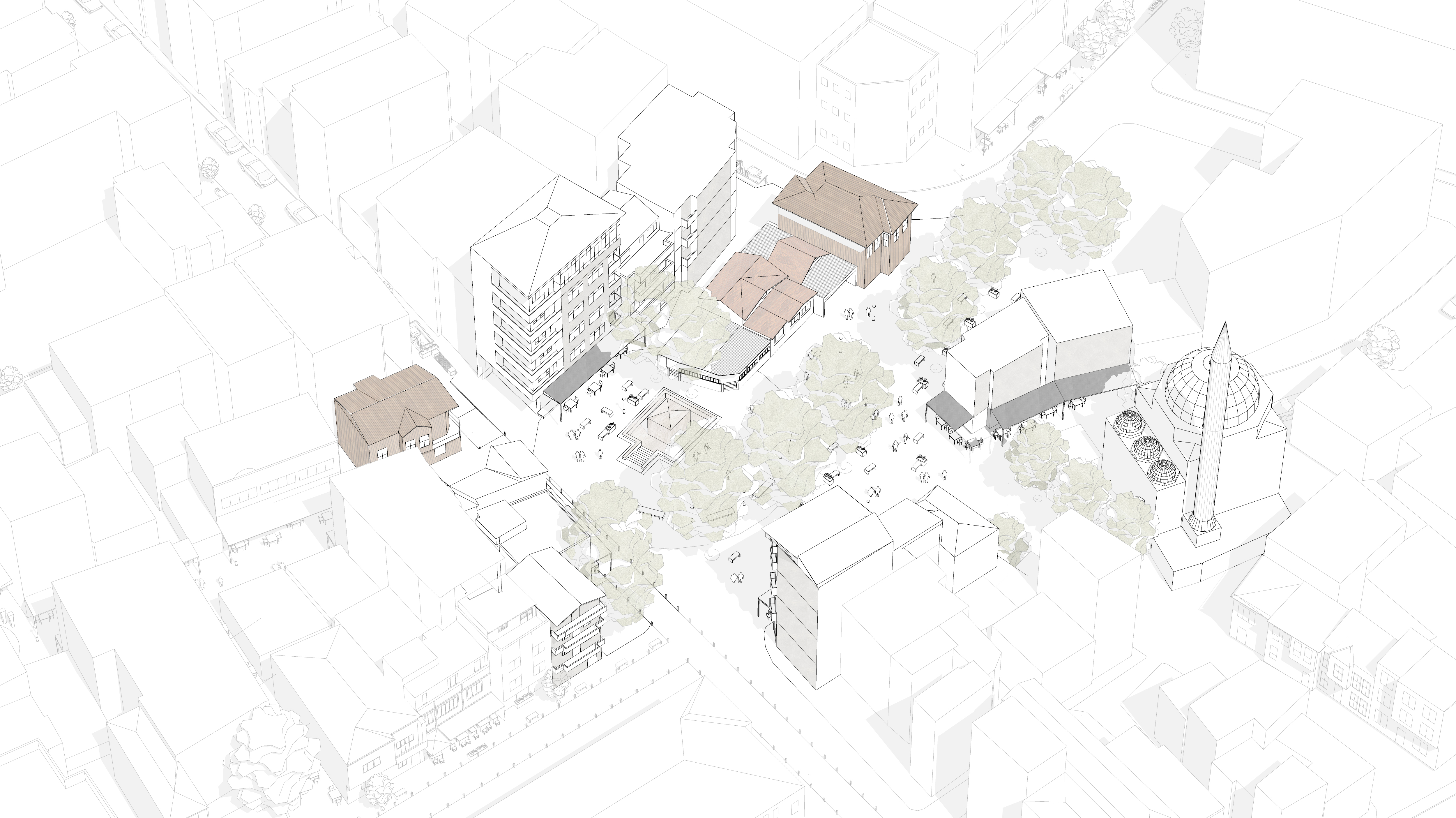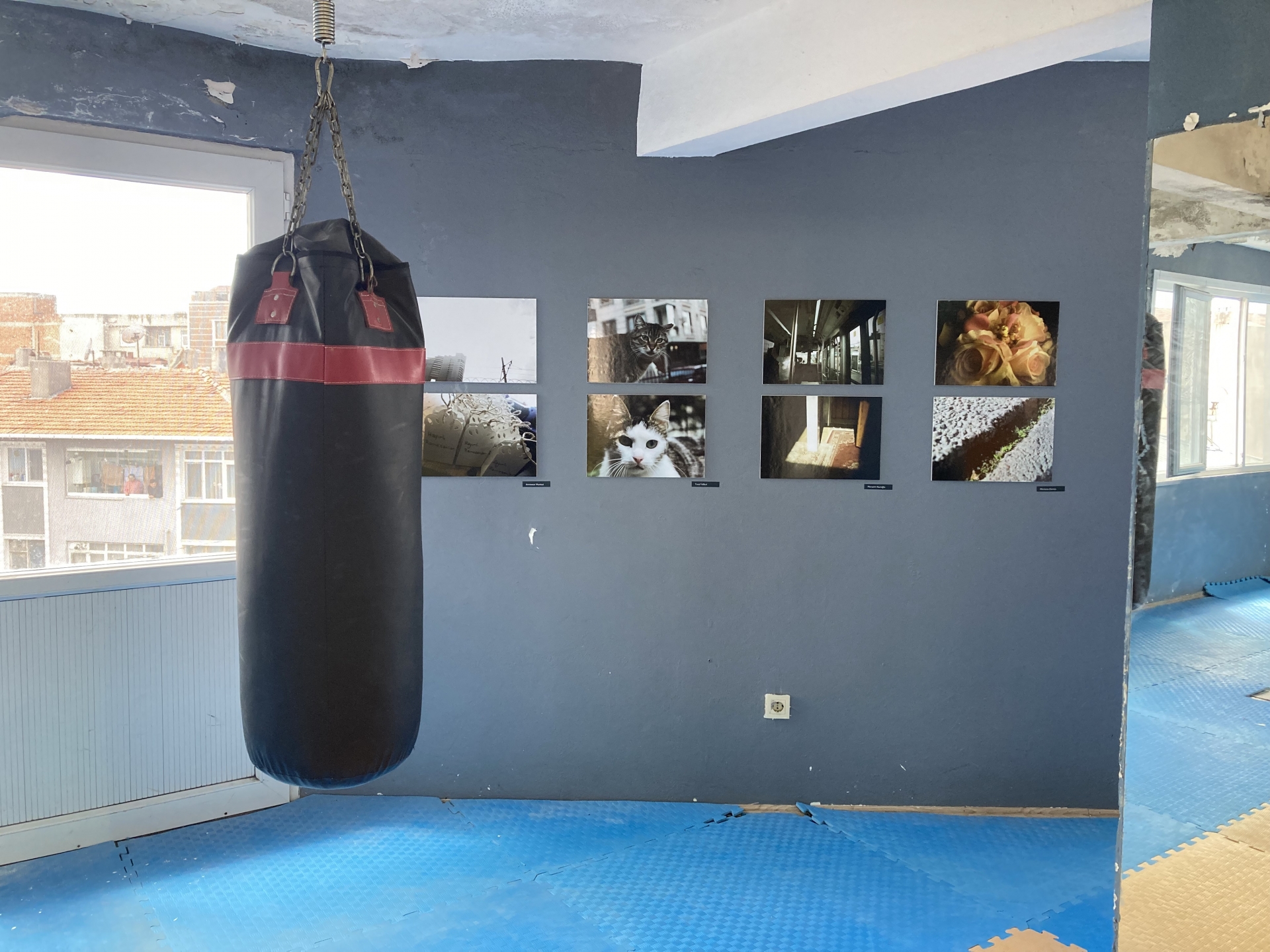SPACE June 2025 (No. 691)

Exhibition view of ‘Vaha’, a community photography exhibition in a migrant boxing club. It aimed to view everyday immigrant spaces as cultural venues. / ©Urban.koop

Participatory design workshop for Healthy Streets Project in Istanbul / ©Urban.koop
At Urban.koop, they build social networks before designing spaces and engage communities before transforming streets. Urban.koop advocate for inclusive, sustainable urban change and go beyond design—crafting strategies that shape neighbourhoods. Their cooperative, participatory approach is reflected in projects like the Motorhane Industrial Heritage Re-use in Merzifon, the Healthy Streets Project in Istanbul, and the Havran Urban Design Guidelines in Balıkesir. Through Hubban, an Istanbul-based network, they connect immigrant artists, local creatives, and urban planners to foster collaboration. They design not just places, but frameworks that empower communities to lead their own transformation.
 Urban Design Guidelines for Maltepe / ©Urban.koop
Urban Design Guidelines for Maltepe / ©Urban.koop
Urban.koop
Principal |
Ahmet Onur Altun, Alp Can Arısoy, Batuhan Akkaya, Bihter Çelik, Ceyda Yılmazdoğan Aydın, Eylül Şenses, Onur Atay |
Year of establishment |
2020 |
Location |
Istanbul, Türkiye |
Number of staff |
3 staffs, 20 members |

Urban.koop
Türkiye
2019 ‒ 2020
autonomously organised





